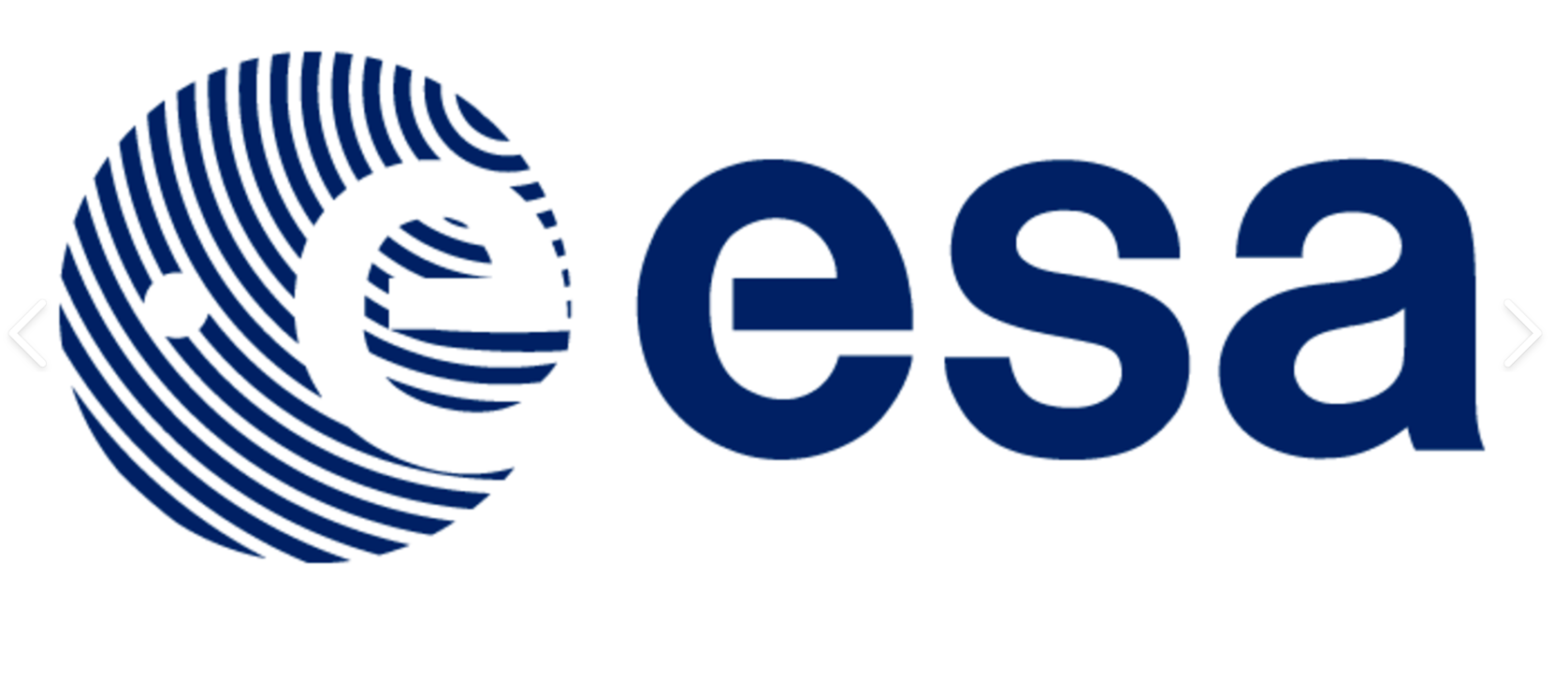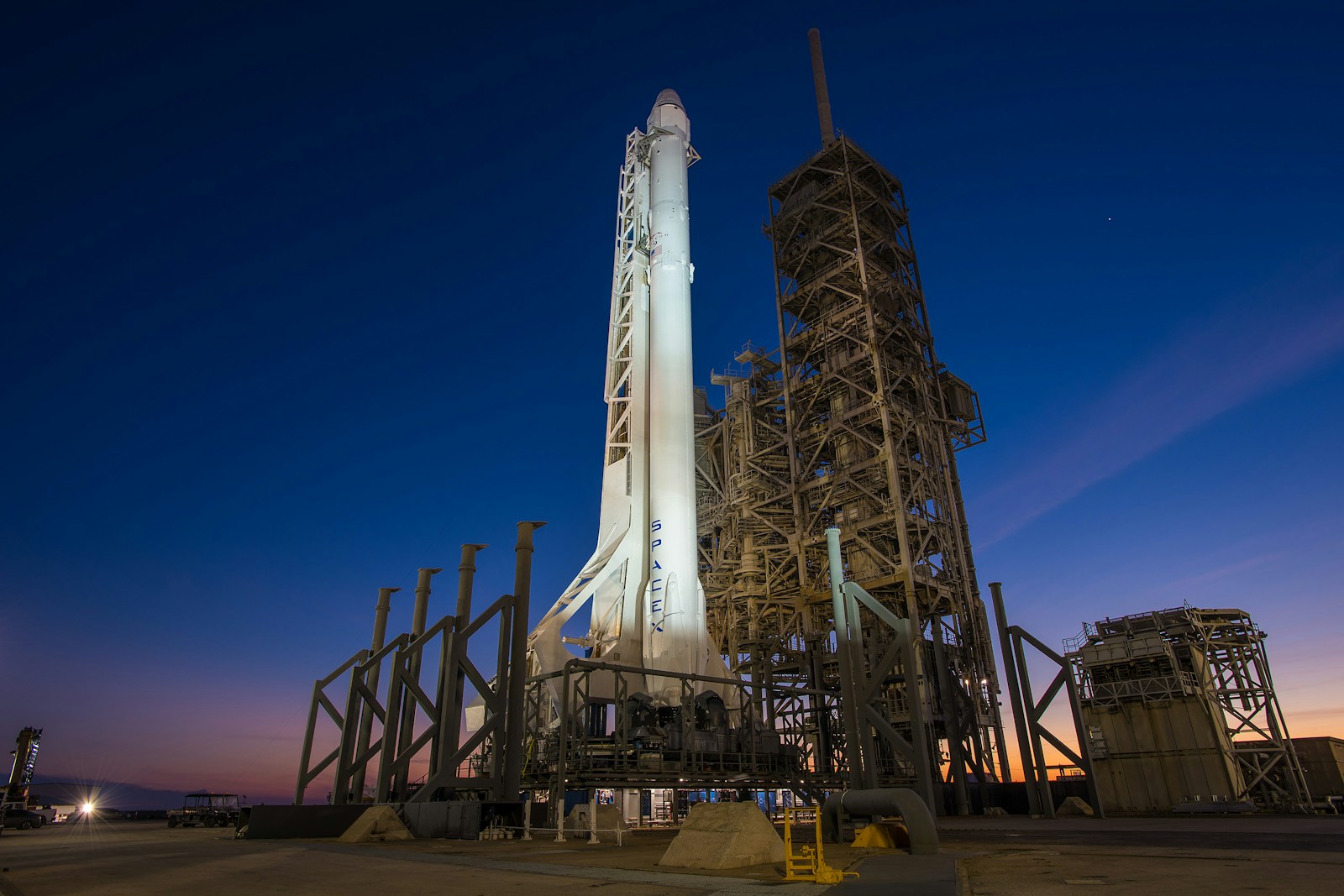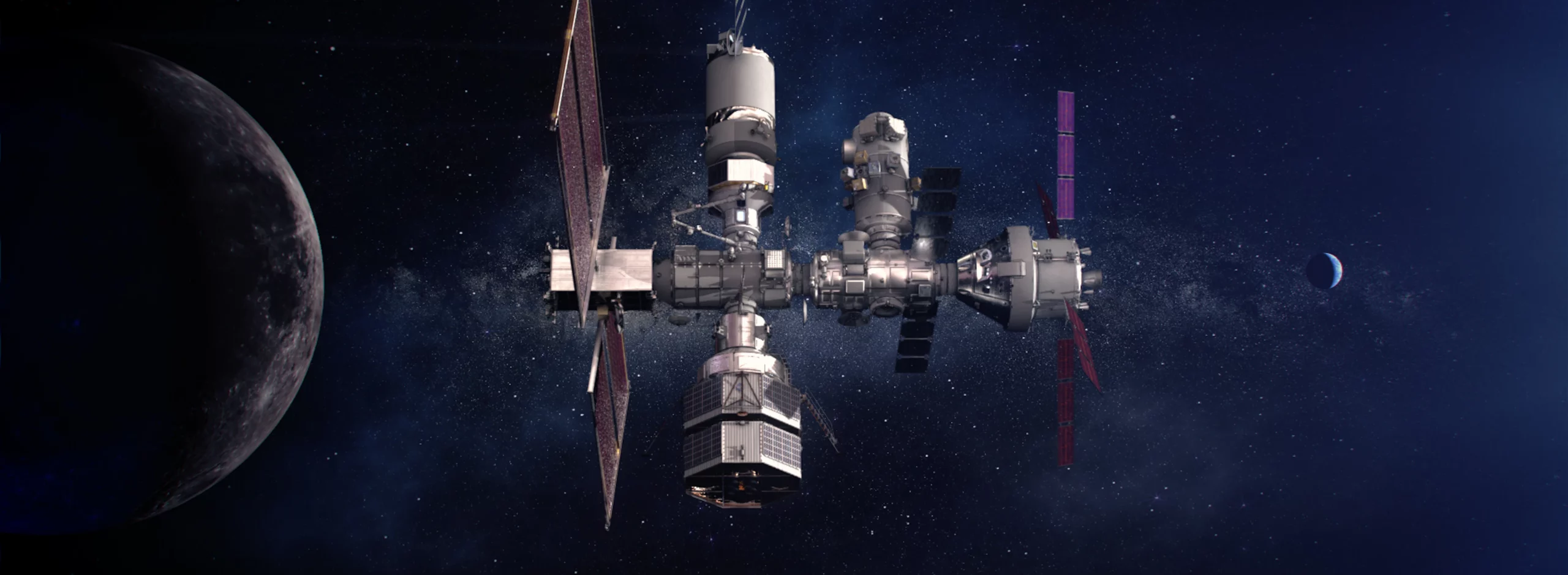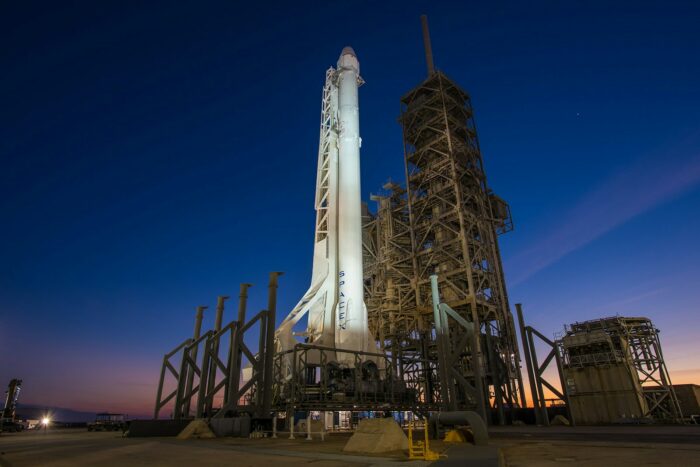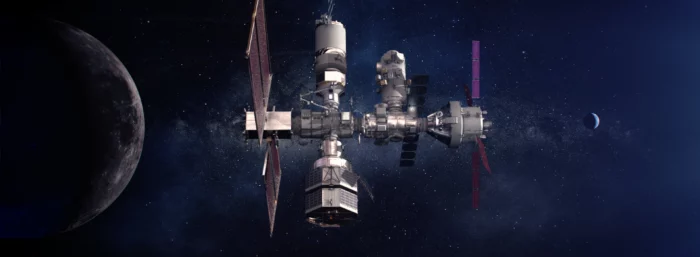At the “Europe’s Moonshot Ambitions for AI: How to Do It” event in Brussels, Leopold Summerer, Head of the Advanced Concepts and Studies Office at the European Space Agency (ESA), shared his insights on how Europe can replicate its success in space for artificial intelligence (AI).
Summerer began by reflecting on ESA’s origins and its achievements, drawing parallels to AI.
“Europe got together right after the Second World War, driven by a vision from an Italian physicist, Amaldi, who published a paper saying we need a CERN for space,” he recalled. This vision led to the creation of ESA, which now includes 22 member states.
He cited the formation of ESA as a model of successful European collaboration.
“We created first two organizations which then in 1975 we merged into one, the European Space Agency, with now 22 member states,” Summerer explained. This collaboration has enabled Europe to excel in space science and earth science, providing the majority of data that fuels climate models and developing state-of-the-art systems like Galileo.

Summerer stressed the importance of pooling resources and fostering both competition and cooperation.
“Member states of ESA got together saying we are pooling our resources; this is something we can better do together,” he said. This framework of combined efforts and healthy competition led to Europe becoming a sought-after partner in space science.
Reflecting on AI, Summerer sees a similar path forward.
“There’s no good reason why we could not do something very similar in the field of AI,” he stated, noting that Europe did not start as a leader in space but has become very competitive through collaboration and innovation. “When the European space community got together, we were not the first ones, but now we have a very competitive European space sector,” he added.
Summerer believes that Europe can achieve the same success in AI by leveraging its collaborative framework and commitment to ambitious goals. “Defining very ambitious goals and putting in place a framework where you have a combination of competition and cooperation” is key to Europe’s future success in AI, he concluded.
By drawing on the lessons from ESA’s history, Summerer’s vision for European AI reflects a blend of ambition, cooperation and strategic resource pooling, aiming to propel Europe to the forefront of AI innovation.
Share this article:
